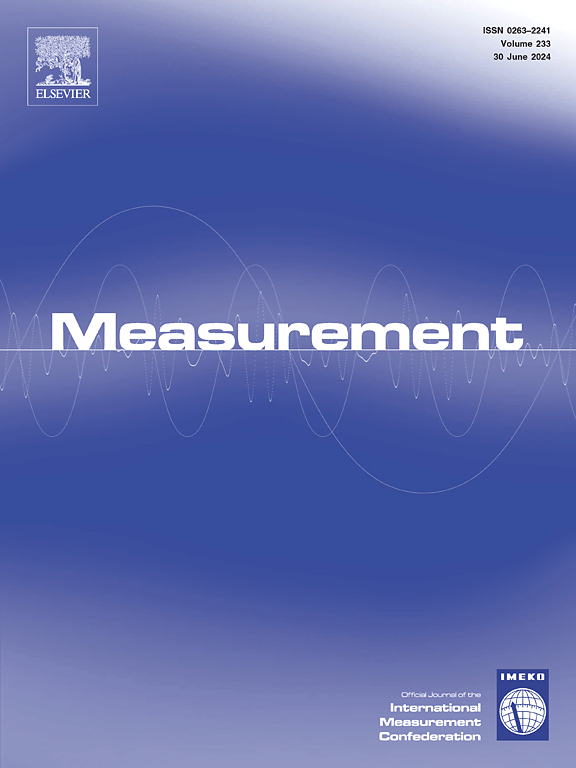Tracking performance optimization of balancing machine turntable servo system based on deep deterministic policy gradient fractional order proportional integral derivative control strategy
IF 5.6
2区 工程技术
Q1 ENGINEERING, MULTIDISCIPLINARY
引用次数: 0
Abstract
In automotive manufacturing, brake disc balance accuracy is critical for braking system reliability. The tracking accuracy of the balancing machine’s turntable servo system directly influences production efficiency and disc balance. To enhance turntable servo control in position and velocity tracking, this paper proposes a fractional order proportional integral derivative (FOPID) controller using a deep deterministic policy gradient (DDPG) algorithm inspired by deep reinforcement learning (DRL). A dynamic model of the servo system is developed to support the design of the DDPG FOPID control strategy. Anti-interference and anti-noise experiments are conducted to compare control strategies including fuzzy logic (Fuzzy), genetic algorithm (GA) PID, particle swarm optimization (PSO) PID, Q-learning PID, DDPG PID and DDPG FOPID through the physical experimental platform of the turntable servo system. Experimental results demonstrate that the DDPG FOPID strategy offers superior robustness and tracking performance, suggesting its potential to advance intelligent control methods in automotive manufacturing.
基于深度确定性策略梯度分数阶比例积分导数控制策略的平衡机转盘伺服系统跟踪性能优化
在汽车制造中,制动盘平衡精度对制动系统的可靠性至关重要。平衡机转台伺服系统的跟踪精度直接影响生产效率和制动盘平衡。为了增强转台伺服系统在位置和速度跟踪方面的控制能力,本文提出了一种分数阶比例积分导数(FOPID)控制器,该控制器采用了受深度强化学习(DRL)启发的深度确定性策略梯度(DDPG)算法。为支持 DDPG FOPID 控制策略的设计,建立了伺服系统的动态模型。通过转盘伺服系统的物理实验平台,进行了抗干扰和抗噪声实验,比较了模糊逻辑(Fuzzy)、遗传算法(GA)PID、粒子群优化(PSO)PID、Q-learning PID、DDPG PID 和 DDPG FOPID 等控制策略。实验结果表明,DDPG FOPID 策略具有卓越的鲁棒性和跟踪性能,这表明它有望推动汽车制造领域智能控制方法的发展。
本文章由计算机程序翻译,如有差异,请以英文原文为准。
求助全文
约1分钟内获得全文
求助全文
来源期刊

Measurement
工程技术-工程:综合
CiteScore
10.20
自引率
12.50%
发文量
1589
审稿时长
12.1 months
期刊介绍:
Contributions are invited on novel achievements in all fields of measurement and instrumentation science and technology. Authors are encouraged to submit novel material, whose ultimate goal is an advancement in the state of the art of: measurement and metrology fundamentals, sensors, measurement instruments, measurement and estimation techniques, measurement data processing and fusion algorithms, evaluation procedures and methodologies for plants and industrial processes, performance analysis of systems, processes and algorithms, mathematical models for measurement-oriented purposes, distributed measurement systems in a connected world.
 求助内容:
求助内容: 应助结果提醒方式:
应助结果提醒方式:


